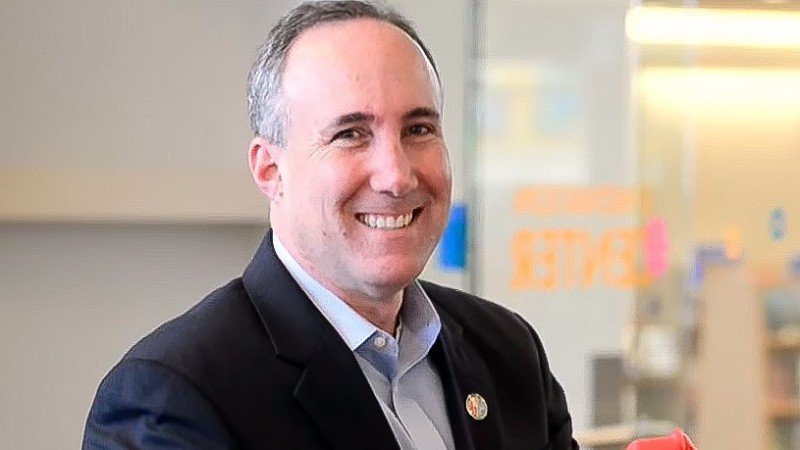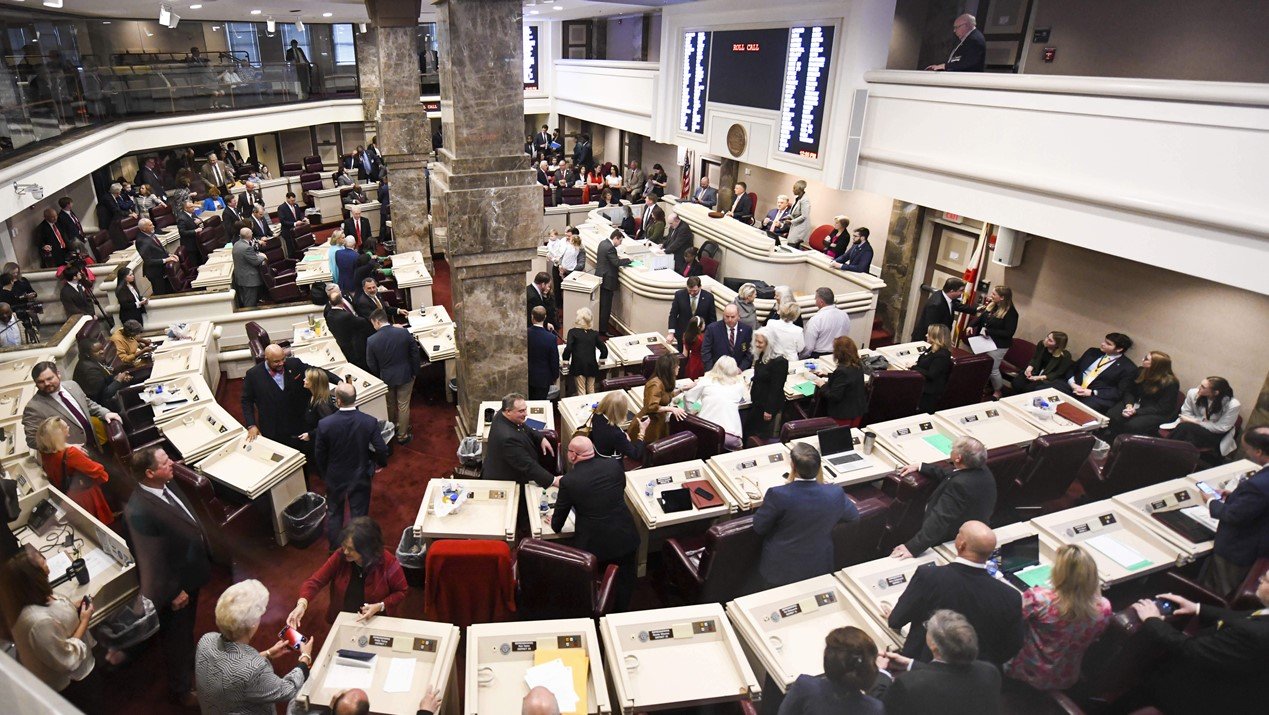Ohio House passes sports betting bill

In a major step towards the legalization of wagers on sporting events, Ohio’s lower house green-lighted sports betting bill on Thursday.
"My goal, realistically, is to have it up in time for March Madness," Dave Greenspan told the Cincinnati Business Courier. He is the bill’s joint sponsor with Hyde Park Democrat Brigid Kelly
The bill or some variation of it still has to pass the Ohio Senate, so it could take some time before Ohio residents can bet legally in the state on NFL football, college basketball, and other sports.
The NCAA college basketball tournament begins in mid-March and is among the most active U.S. sporting events for gamblers.
That doesn’t mean the bill will take that long to become law. Now that the House passed the bill by an 83-10 vote Thursday, the next step is the Senate, which also has its own bill in the works. A key difference in the bills: The House bill calls for the Ohio Lottery Commission to regulate sports betting while the Senate bill would have the Casino Control Commission be the regulator.
Kelly said through a spokeswoman the House bill's passage "is especially timely because of the great need for more resources in schools."
Ohio legislators are about to go on their summer recess from late June until September. But Greenspan said he and Kelly plan to keep working the bill through the recess. They’ll talk with senators to find common ground and aim to come up with a bill that both chambers will approve.
"My aggressive strategy, and it’s probably not going to happen, is to be able to do something in September, get it passed and get it to the governor," Greenspan said.
But more realistically, he said, a bill would likely be able to pass the House and Senate during the “lame-duck” session in November and December. That would allow the Lottery Commission to develop rules and implement sports betting so it can become operational by early March.
Mobile and online betting would probably be in operation first in Ohio, he said. Casinos and racinos will have to build spaces for sports betting, which takes more time. And the fraternal and veterans halls where sports betting would also be allowed would need to install equipment.
The House bill that passed would tax sports betting net revenues at a 10% rate, with the proceeds going to education. It allows sports betting at casinos, racinos, veterans and fraternal halls, and online or through mobile apps.
Greenspan estimates tax revenue for Ohio would be about $15 million the first year and eventually as high as $50 million once the market matures. The Legislative Service Commission estimates the tax would generate $17.7 million in 2022 and $23 million in future years.
Greenspan bases his estimate in part on New Jersey bringing in $1.5 million to $2.5 million a month in tax revenue without allowing wagering on in-state sporting events.
"We’re fortunate in that we have a number of professional sports teams and high-level college teams in Ohio," Greenspan said.
Greenspan’s estimate matches the market size estimate of Chris Grove, partner at Irvine, Calif.-based gambling research firm Eilers & Krejcik Gaming. Grove figures Ohio sports betting will generate more than $500 million in annual revenue once it gets firmly established, assuming online and retail sports betting is allowed. That would generate more than $50 million in annual tax revenue.
"Ohio will be a major market by any measure and will likely rival neighboring states like Pennsylvania and Michigan in terms of overall market size,” Grove added.
He expects most major sports betting brands will try to participate in the Ohio market because of its size and the demand for gambling.















































